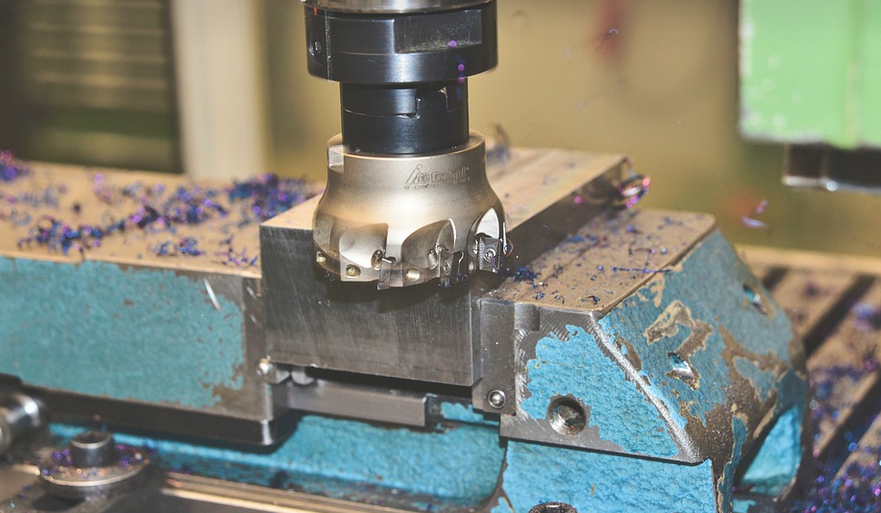Knowing the Warning Signs
Your car’s wheel bearings are essential for smooth, comfortable driving. They allow your wheels to rotate freely without friction, ensuring efficient turning and minimal noise while you’re cruising down the road. But just like any mechanical part, they can wear out over time.
When these vital components fail, it can create a cascade of problems that often manifest in distinct symptoms. Understanding these warning signs is crucial for addressing potential issues before they escalate into more significant and expensive repairs.
One of the most common indicators of bad wheel bearings is an unusual knocking or rumbling noise when you’re driving. The sound becomes particularly noticeable at low speeds, as if your car’s wheels are constantly struggling to get up their speed. This can range from a gentle rumble to a sharp and jarring knock.
This noise often accompanies uneven tire wear or vibrations in the steering wheel or vehicle body. The source of this sound is usually the bearings themselves, as they’re unable to rotate smoothly anymore due to debris build-up or general wear and tear.
Another noticeable symptom is a distinct clunk or pop when you turn the steering wheel. This can happen at high speeds but often becomes worse at lower speeds during turns. While it might seem like a minor issue, this clunking sound indicates a struggling bearing that’s unable to perform its crucial role of keeping your wheels balanced and smooth.
If you’ve noticed an increase in vibrations or a “pulsing” sensation when driving, especially at low speeds, there’s a good chance your wheel bearings are losing integrity. The cause for this is usually the gradual degradation of the bearings themselves, leading to erratic rotations and resulting in a jarring experience.
If you’re lucky, these symptoms may be subtle or easily dismissed as minor quirks, but it’s important to remember that ignoring warning signs can lead to more serious problems down the line. For instance, if left unchecked, a bad wheel bearing can cause significant damage to other parts of your car’s drivetrain.
What Causes Bad Wheel Bearings?
Wheel bearings are exposed to wear and tear due to constant friction from rotation. Over time, these components will naturally lose their effectiveness and require replacement as their lifespan nears its end.
Here’s a closer look at the common culprits behind bad wheel bearings:
- Excessive Load: When your car is heavily loaded (i.e., carrying extra passengers or large cargo), this can put increased strain on your wheel bearings, leading to faster wear and tear.
Another common cause of bad wheel bearings is inadequate lubrication or the use of the wrong type of lubricant for your car’s specific model. You must consult your owner’s manual to determine the recommended grease or oil type for your vehicle’s wheel bearing.
The Importance of Timely Maintenance
Regular maintenance plays a critical role in preventing wheel bearing problems and extending their lifespan. It is essential to address any issues with your vehicle’s suspension before they escalate, particularly if you notice any of the symptoms mentioned above.
Consider these preventative measures:
- Regular Checkups: Schedule regular maintenance appointments with a qualified mechanic or service provider to ensure your car’s wheel bearings are in optimal condition.
When Should You Seek Professional Help?
While some minor issues can be addressed with basic DIY repairs, seeking professional help from a qualified mechanic is crucial when dealing with bad wheel bearings. A skilled technician will be equipped to diagnose the exact source of the problem and recommend the most effective solution.
The Importance of a Professional Diagnosis
For instance, if you suspect your wheel bearing might be damaged, a visual inspection by a mechanic will pinpoint exactly what is wrong with your bearings. He can then determine the cause, such as debris build-up, wear and tear, or even damage from an accident.
Addressing the Issue: Repair, Replacement, or Adjustment
Depending on the severity of the problem and the extent of damage, there are different repair strategies that a mechanic can employ:
- Bearing Replacement: If the bearing is too damaged to be repaired, replacement with a new one is necessary.
- Regreasing or Lubrication: For minor issues like grease buildup or insufficient lubrication, regreasing or lubrication might be enough to restore optimal performance.
Don’t Ignore the Warning Signs!
While it may seem tempting to ignore these warning signs and hope for the best, it’s crucial to remember that neglecting wheel bearing issues can lead to more serious problems down the line.
A simple repair or adjustment can save you from a larger and more expensive fix. By prioritizing regular maintenance, being proactive about potential issues, and seeking expert help when needed, you can ensure your car’s wheels are always running smoothly and safely.
